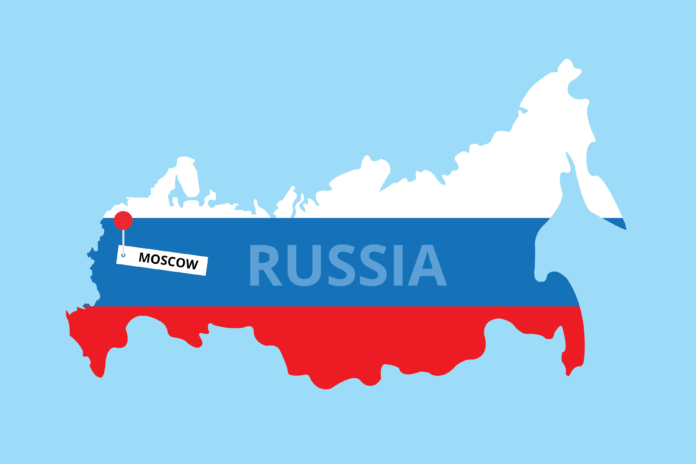Despite being Russia’s capital city, Moscow’s underground liberalism misaligns with country’s political ideologies
To President Vladimir Putin, the “liberal idea” is now obsolete. Coming from the president of Russia, this statement doesn’t surprise me. While liberalism refers to many things, including economic, political and social liberalism, Putin seems to be most concerned with the latter. His criticism of immigration, multiculturalism and LGBT issues, which are most prominent in Western governments, have made this clear over the past decade.
“This liberal idea presupposes that nothing needs to be done,” Putin said in an interview with the Financial Times. “It has come into conflict with the interests of the overwhelming majority of the population.”
Although Russia is by no means a defender of progressivism, it’s capital city Moscow — where the overwhelming majority of citizens live — might be.
Back in 2017, thousands of civilians took to the streets of Moscow to protest government corruption. Although many were detained as a result, activism in Russia gained a new significance, especially among newer generations.
“Down with the tsar!” shouted the crowd, referring to Putin’s dictatorial leadership, which has now lasted for nearly 20 years.
With dozens of protests held since then, Russians are beginning to reject state-controlled propaganda fed by the authoritarian regime. And Moscow, home of the Russian White House and the face of the country, is the perfect host for democratic change.
As the capital city and a huge tourist center, it makes sense that Moscow is far more liberal than other regions of Russia. Like any other country, most people who visit Russia focus on the city’s tourist attractions, such as the Red Square or the Kremlin, rather than the political dissonance underneath. And unless LGBT tourists overtly disobey Russia’s gay propaganda law, which bans individuals from promoting “nontraditional sexual relations to minors,” they should be fine traveling in one of the country’s most tolerant cities.
It also makes sense that the majority of protesters rally in the capital, outside the government buildings. But if Moscow, or any capital city for that matter, is a microcosm for the rest of the country, then there is a great political and social imbalance occurring.
Even with a radically conservative president in the White House, Washington D.C. is the second most liberal city in the U.S., following San Francisco. Based on D.C. alone, one could assume the rest of the U.S. follows suit. The overwhelming amount of red on presidential election maps, however, says otherwise. Statistically, conservatives overrule liberals in the U.S. by 35% to 26%, with the remaining percentage consisting of moderates.
But what sets Moscow apart in particular is how starkly it contrasts socially with the rest of the country.
In 2006, Moscow held its first ever pride parade, and did so annually until 2008, before the court banned them in 2012 for the next 100 years. Still, activists continue to protest despite homophobic attacks and police interventions, specifically in St. Petersburg — the country’s most LGBT-friendly city.
Today, some bars and restaurants in Moscow hold “gay nights” for men and women to openly express their sexual orientation without fear. Many LGBT members also move to Moscow or St. Petersburg in hopes of escaping their homophobic hometowns.
“Many of the LGBT clubs look like normal restaurants during the day — people come to have business lunches or whatever. Then only at night do they become an LGBT club. So even the venues have a double life,” said Elena Kostyuchenko, an LGBT activist and journalist, in an interview with The Guardian. She also stressed how it’s easier to be gay in Moscow or St. Petersburg than anywhere else in Russia.
With political protests and strikes on the rise, the realities brewing behind government doors fail to represent the cultural attitude of Russian citizens.
“Moscow is a trendsetter. It’s always a step ahead — but the rest of the country eventually catches up,” said Ilya Yashin, a Russian government representative.
Liberalism isn’t obsolete — at least not in Russia. One quick look at Moscow’s streets, the protests and the LGBT clubs in the shadows of the Kremlin reveals the disconnect between those inside the government buildings and those outside of it.
Written by: Julietta Bisharyan — jsbisharyan@ucdavis.edu
Disclaimer: The views and opinions expressed by individual columnists belong to the columnists alone and do not necessarily indicate the views and opinions held by The California Aggie




